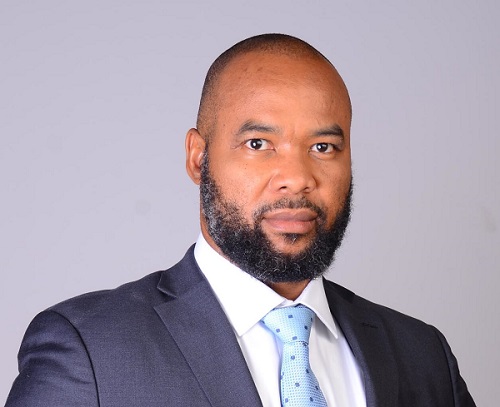-By Dr. Emeka Akabogu, Esq.
A bruising battle is afoot between the two main regulators in Nigeria’s petroleum industry. Beyond bruises, bloody noses beckon. On the one hand is the Nigerian Upstream Regulatory Commission (“NUPRC”), and on the other, is the Nigerian Midstream and Downstream Petroleum Regulatory Authority (“NMDPRA”). The prize is regulation of midstream operations, which includes regulation of crude oil export terminals – regarded by some as the cream of the crop for regulatory operations.
The dispute is simple – NUPRC claims regulation of midstream operations falls under its remit, because midstream operations are integrated with upstream, which it is already regulating. NMDPRA on its part, eponymously charged with “technical and commercial regulation of midstream and downstream petroleum operations”, is aghast at what seems to be a brazen heist of its mandate by NUPRC. Ordinarily, the issues involved seem to be a no-brainer – a statutorily designated midstream regulator should regulate the midstream, and that for upstream should remain upstream. But in Nigeria, things are not always as straightforward as they seem.
The source of the confusion could be attributed to be the Petroleum Industry Act itself, which in one breadth in section 29(3), asserts that the NMDPRA “shall be responsible for the technical and commercial regulation of midstream and downstream petroleum operations in the petroleum industry”, and in another, states in section 7(ee) that the NUPRC “shall have power to monitor and regulate the operations of crude oil export terminals…”. However, interpretative provisions in section 318 appear to clarify by placing crude oil export terminals under “midstream petroleum liquids operations”, which are “downstream of the measurement points of petroleum mining leases”.
Inflaming the already volatile streams, the immediate past President, Muhammadu Buhari GCFR, on the eve of his handover, purported to settle the issue by directing NUPRC to regulate existing crude oil terminals, and NMDPRA, to cease exercise of any such regulatory roles.
The problem with the former President’s directive is simple – he has no such powers in view of the clear provisions of the Petroleum Industry Act. One, in giving his directives, he acted not as Minister of Petroleum, but as President. Only the Minister can give directives under the PIA. Crucially, even if he acted as Minister of Petroleum, he is mandated only to “exercise general supervision over the affairs of the petroleum industry in accordance with the provisions of the Act”. The directives appear to be clearly outside the Act.
In the midst of all the confusion, the industry is feeling the heat, with opposing regulatory notices being issued by the combating agencies. This conflict bodes grievous ill for the Nigerian oil and gas industry at a time investments are at an all-time low. The PIA has been touted as a silver bullet to boost operations and FDI. Inter-agency rivalry is the least the industry needs at this time.
Fidelity to the law, and nothing more, should be the guide.
Dr. Emeka Akabogu is Senior Partner at the law firm Akabogu and Associates, and Executive Vice Chairman at OTL Africa Downstream.


Comment here